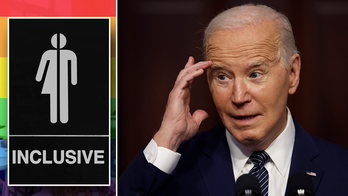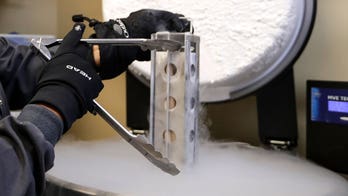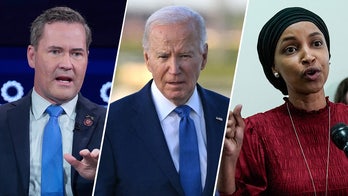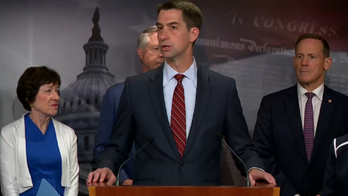The first meeting of a conference committee to fix No Child Left Behind went smoothly Wednesday. Few of the senators and congressmen in attendance registered staunch opposition to the compromise bill.
The Senate bill would give states more power over what to do with failing schools, although some state-designed plan to identify and reform failing schools is required. The amount of federally-required testing in schools would fall, and the remaining tests won't be tied to any federal consequences. The bill also prohibits the Department of Education from encouraging states to adopt specific academic standards, as Secretary of Education Arne Duncan has been doing with Common Core using waivers from No Child Left Behind.
"[No Child Left Behind] was based on good intentions, but it was also based on the flawed premise that Washington should decide what students need to excel in school," Congressman John Kline, R-Minn., said. Kline chairs the House education committee. "Parents, teachers and superintendents have been telling us for years that this approach isn't working." Kline was nominated by Senate education committee chair Lamar Alexander, R-Tenn., to serve as the conference committee's chair. The nomination was approved without opposition.
Alexander made the case that, despite minor differences, the major reforms in the House and Senate bills were similar.
"Both end the waivers through which the U.S. Department of Education has become, in effect, a national school board for more than 80,000 schools in 42 states," Alexander said. "Both end the federal Common Core mandate. Both move decisions about whether schools and teachers are succeeding or failing out of Washington, D.C., and back to states and communities and classroom teachers where those decisions belong."




